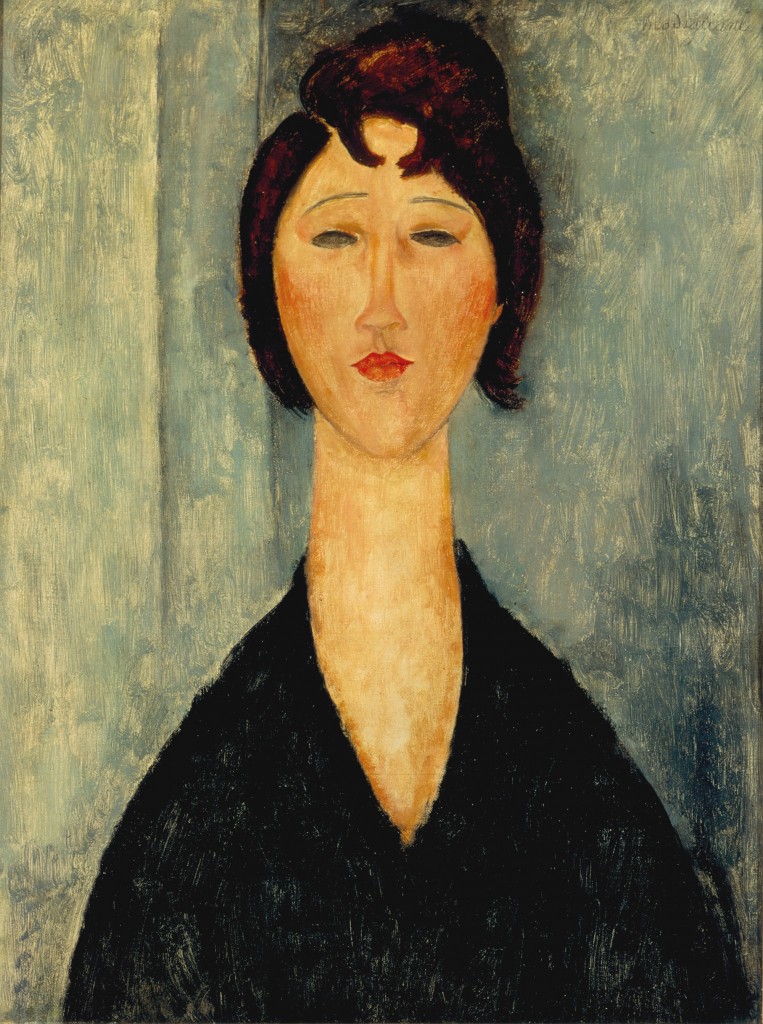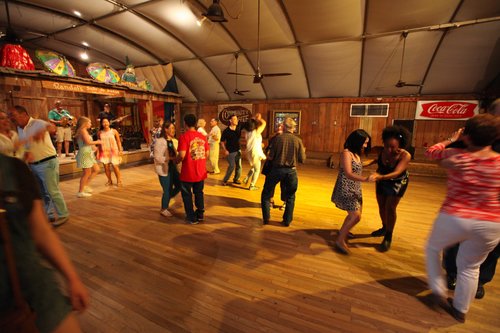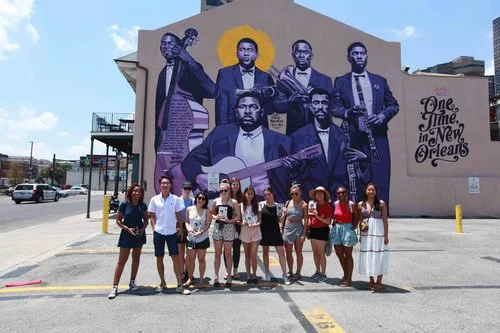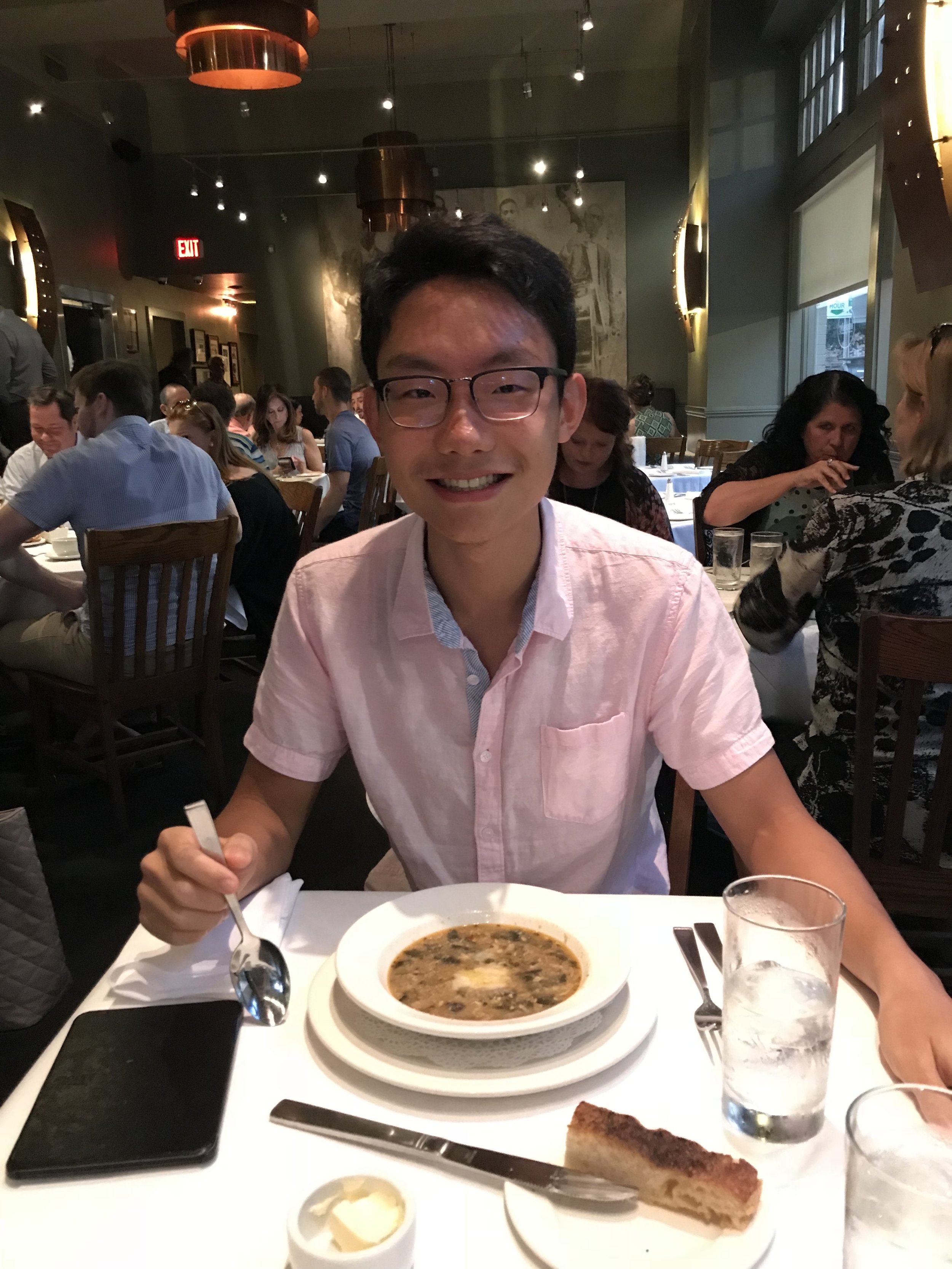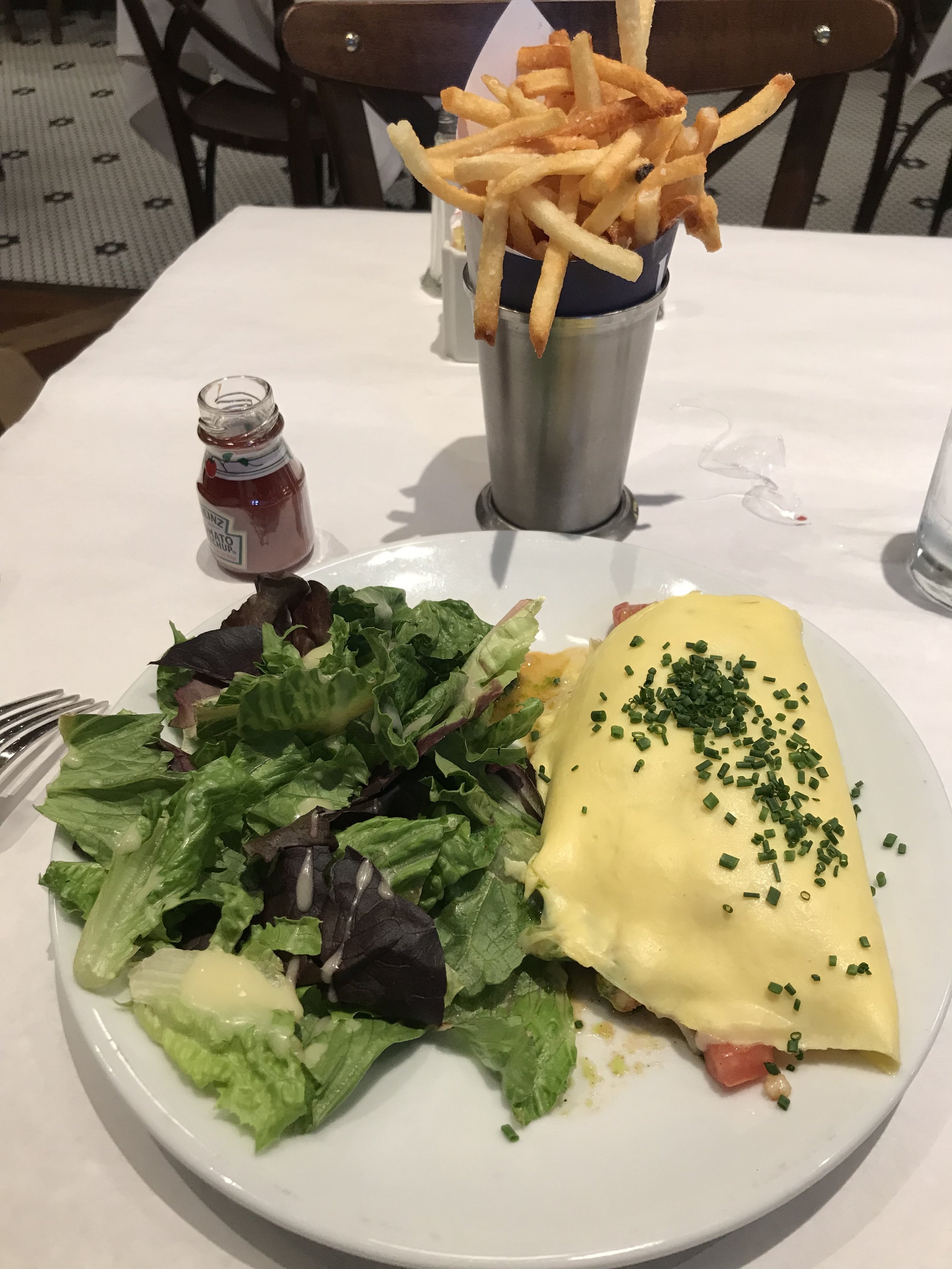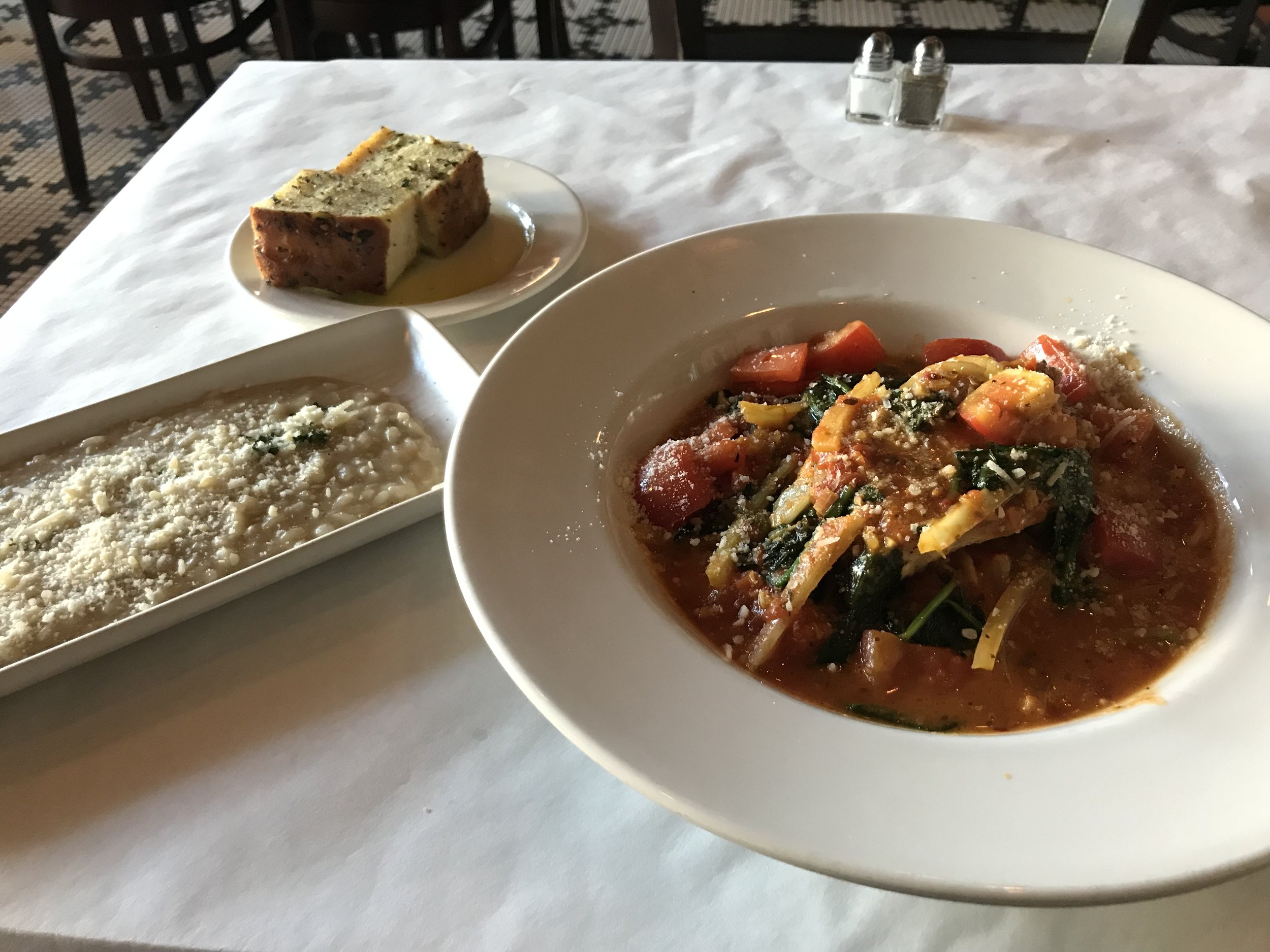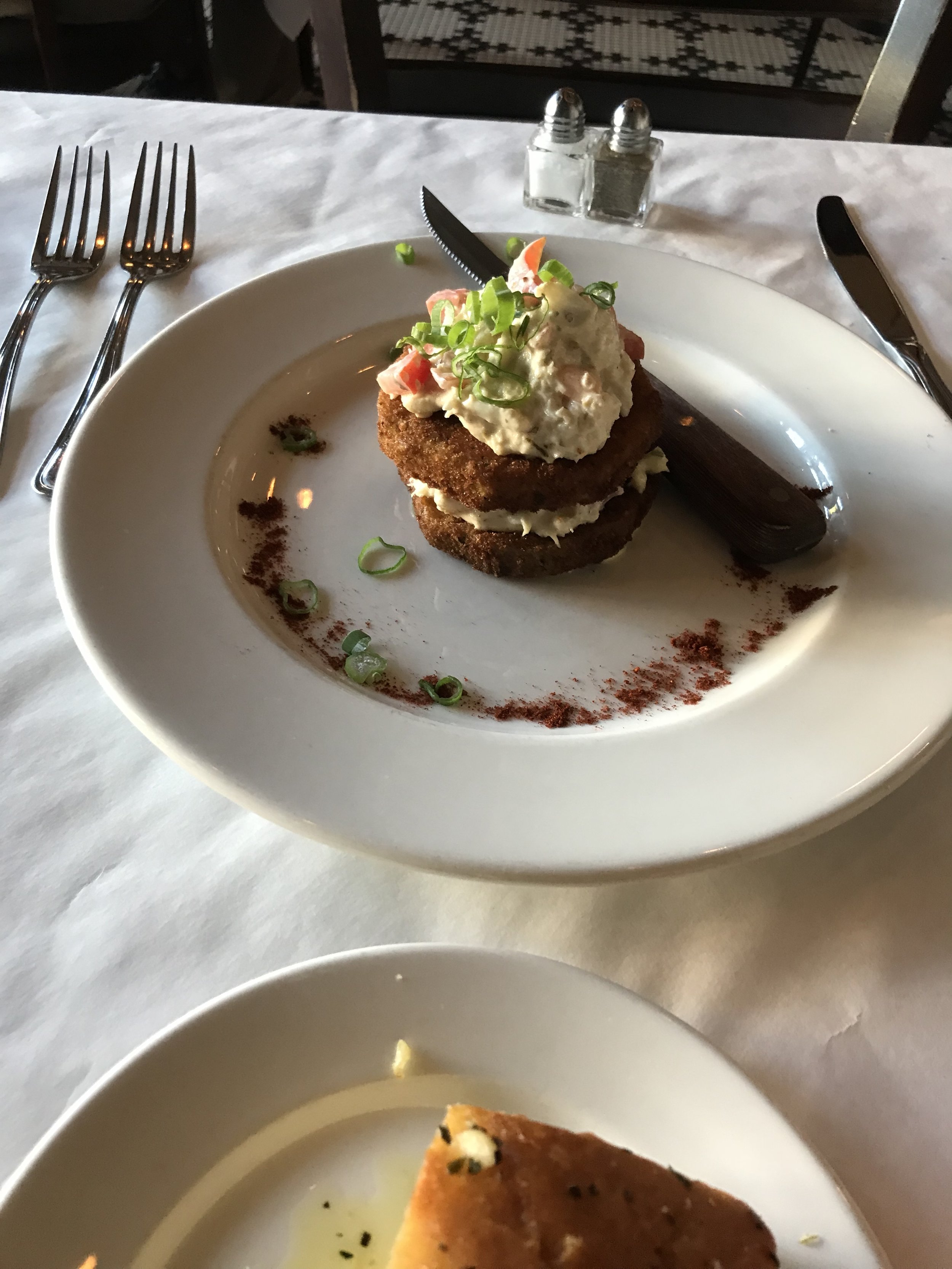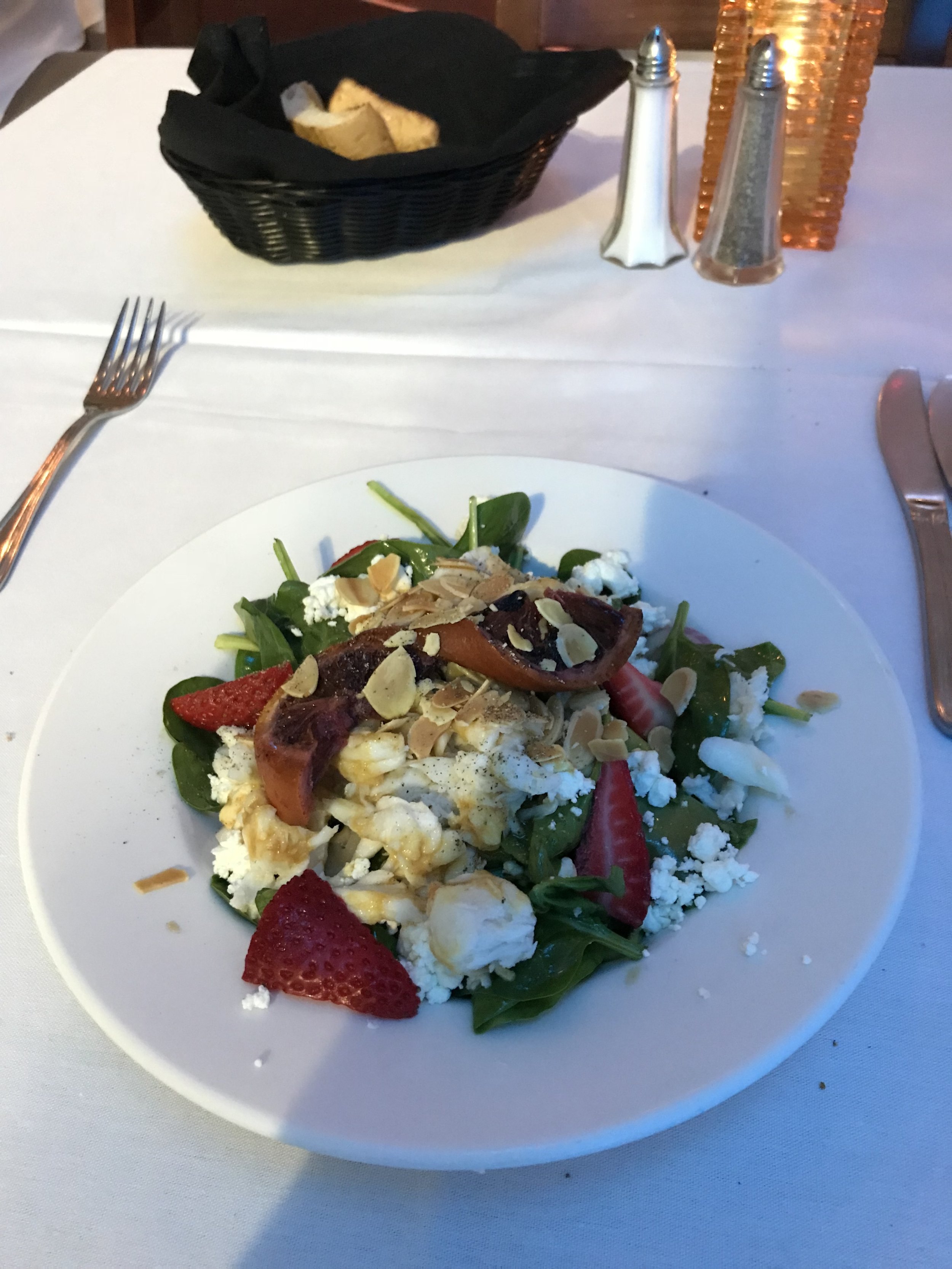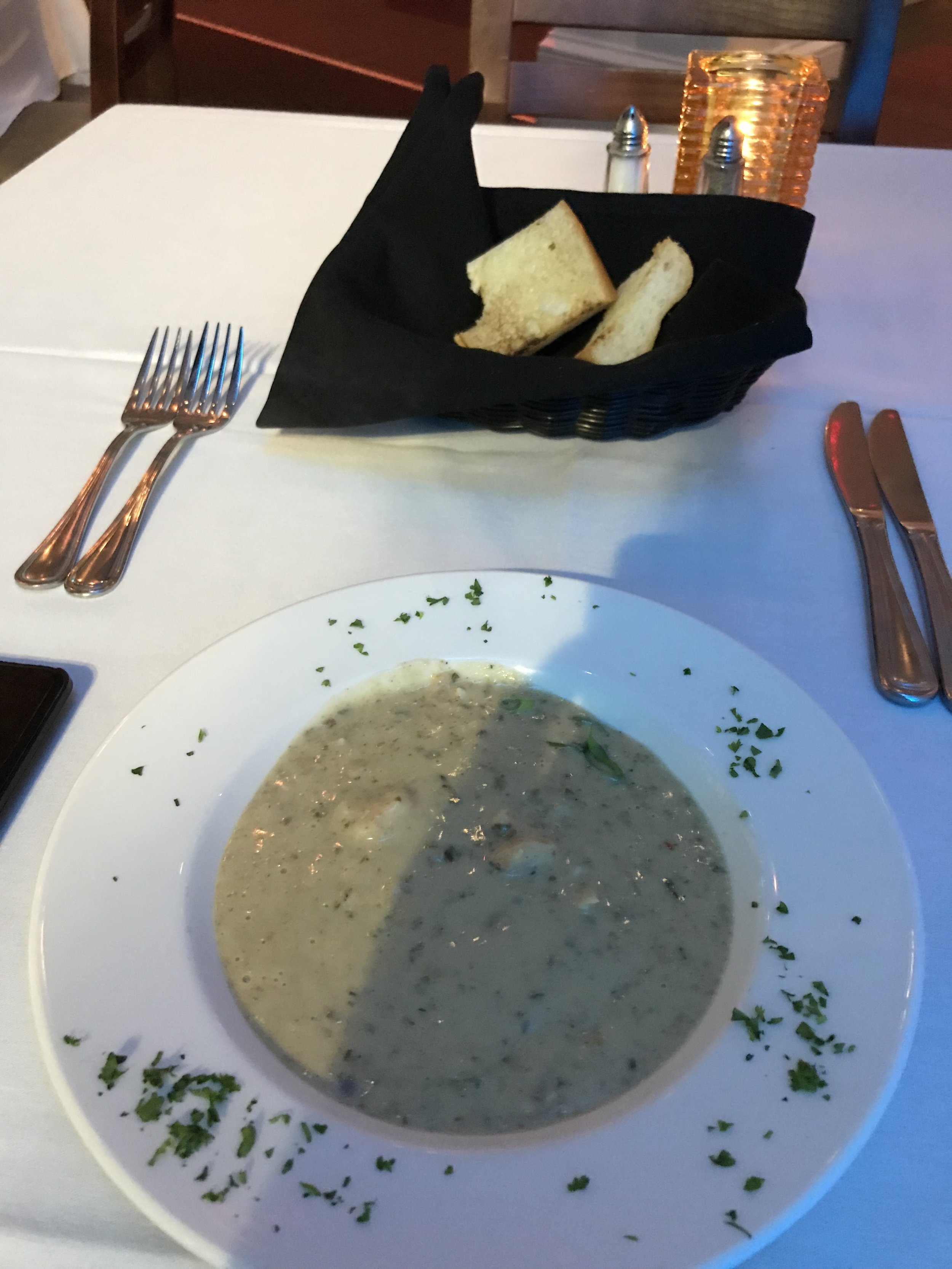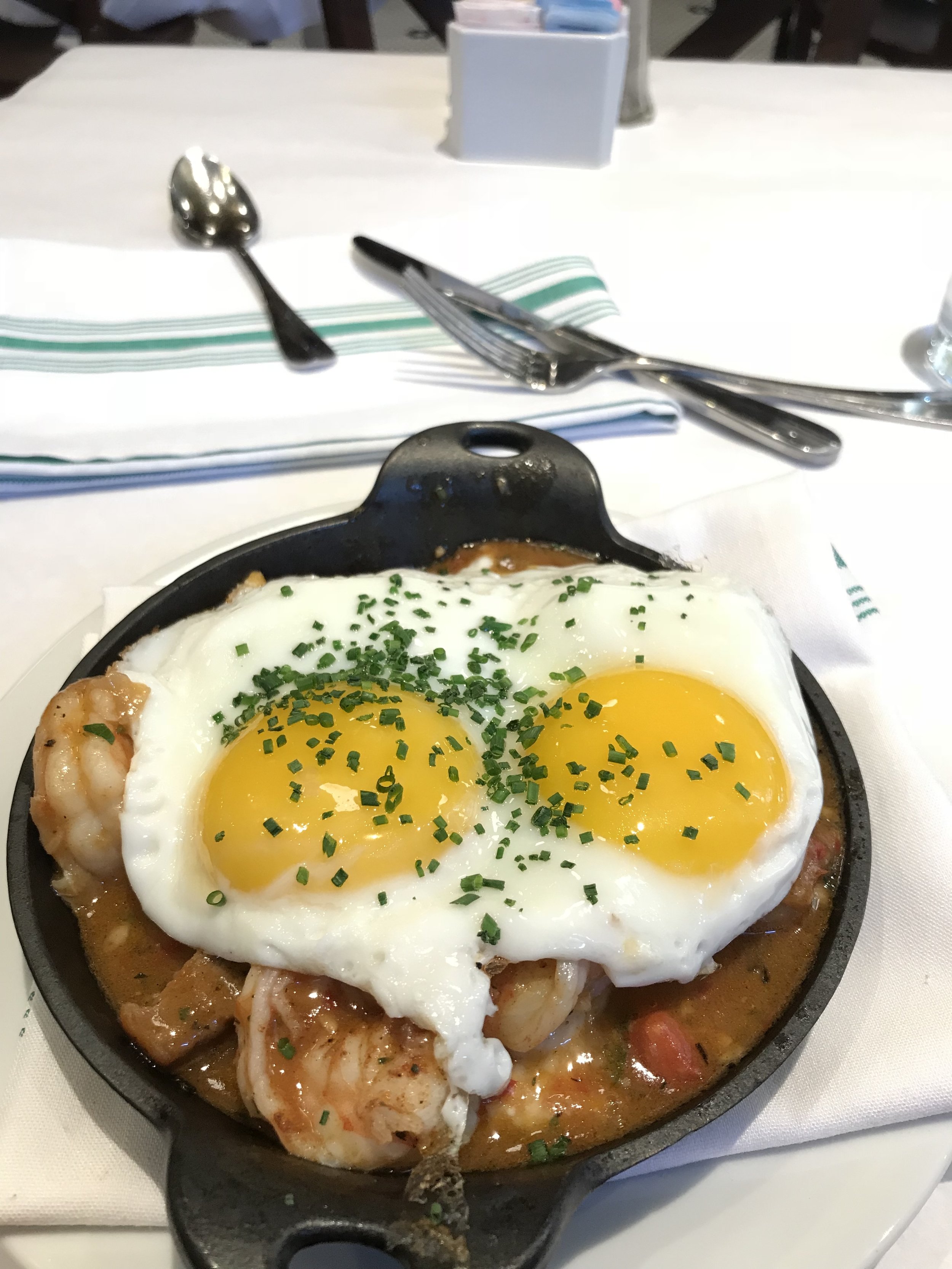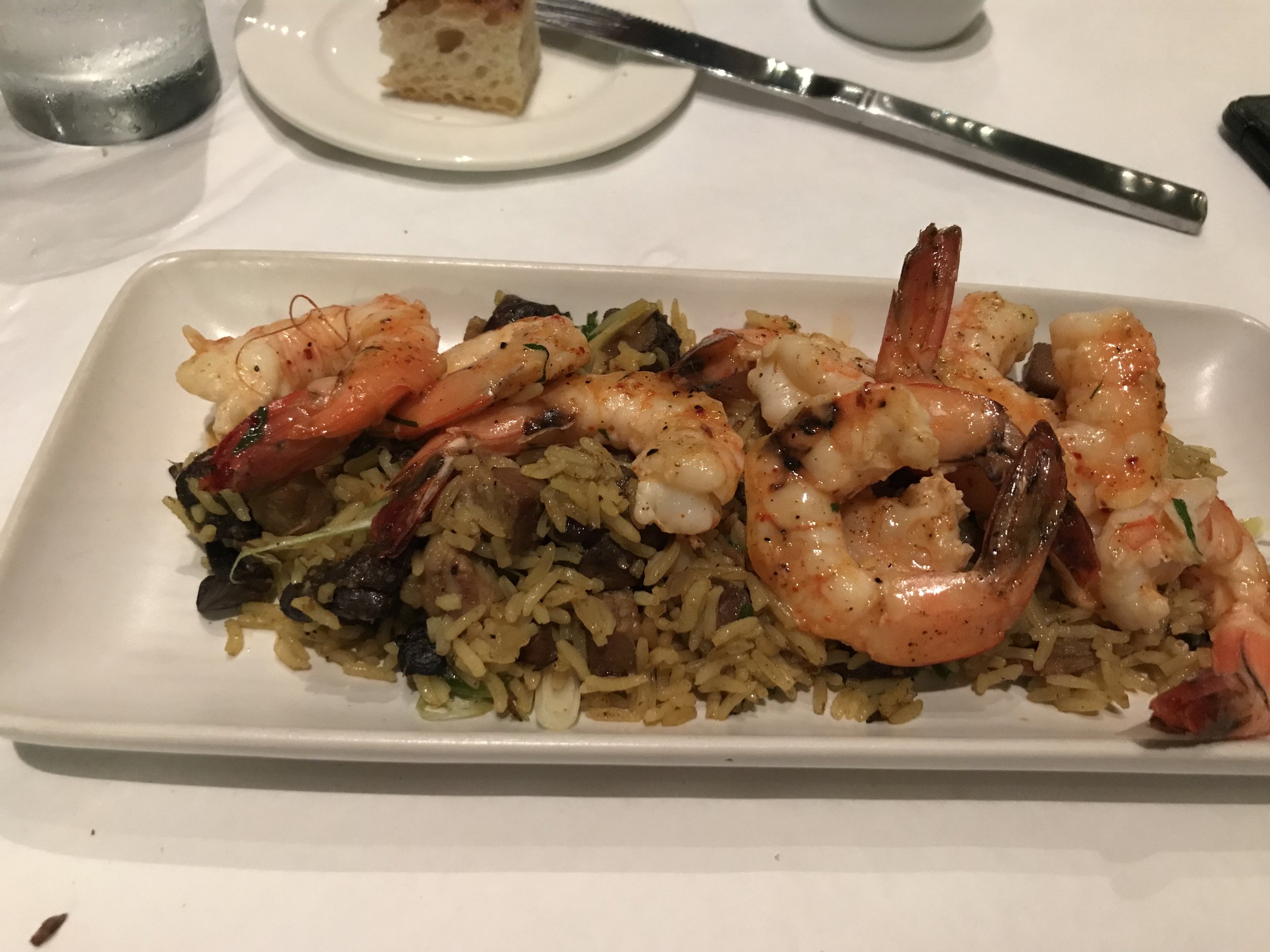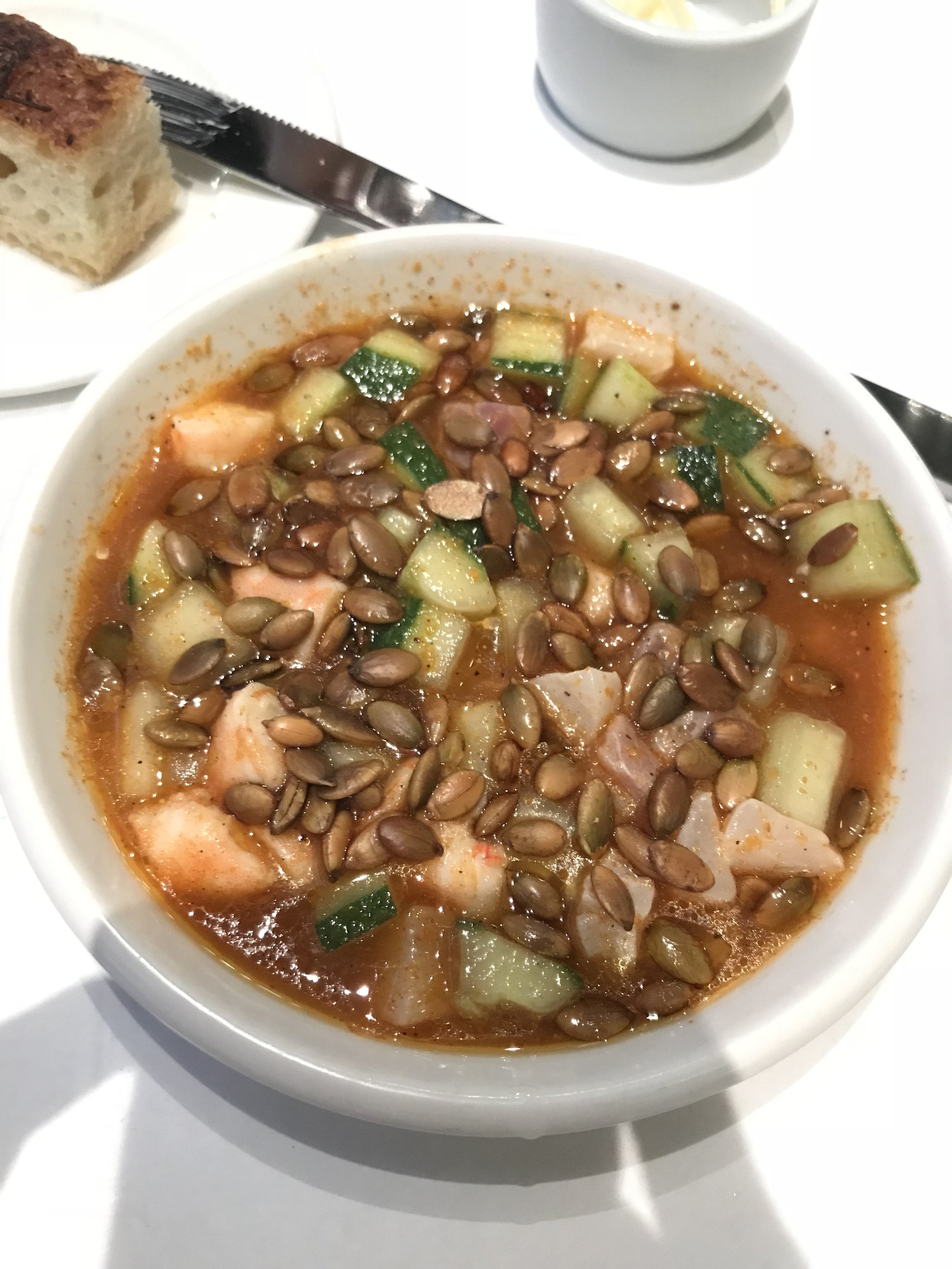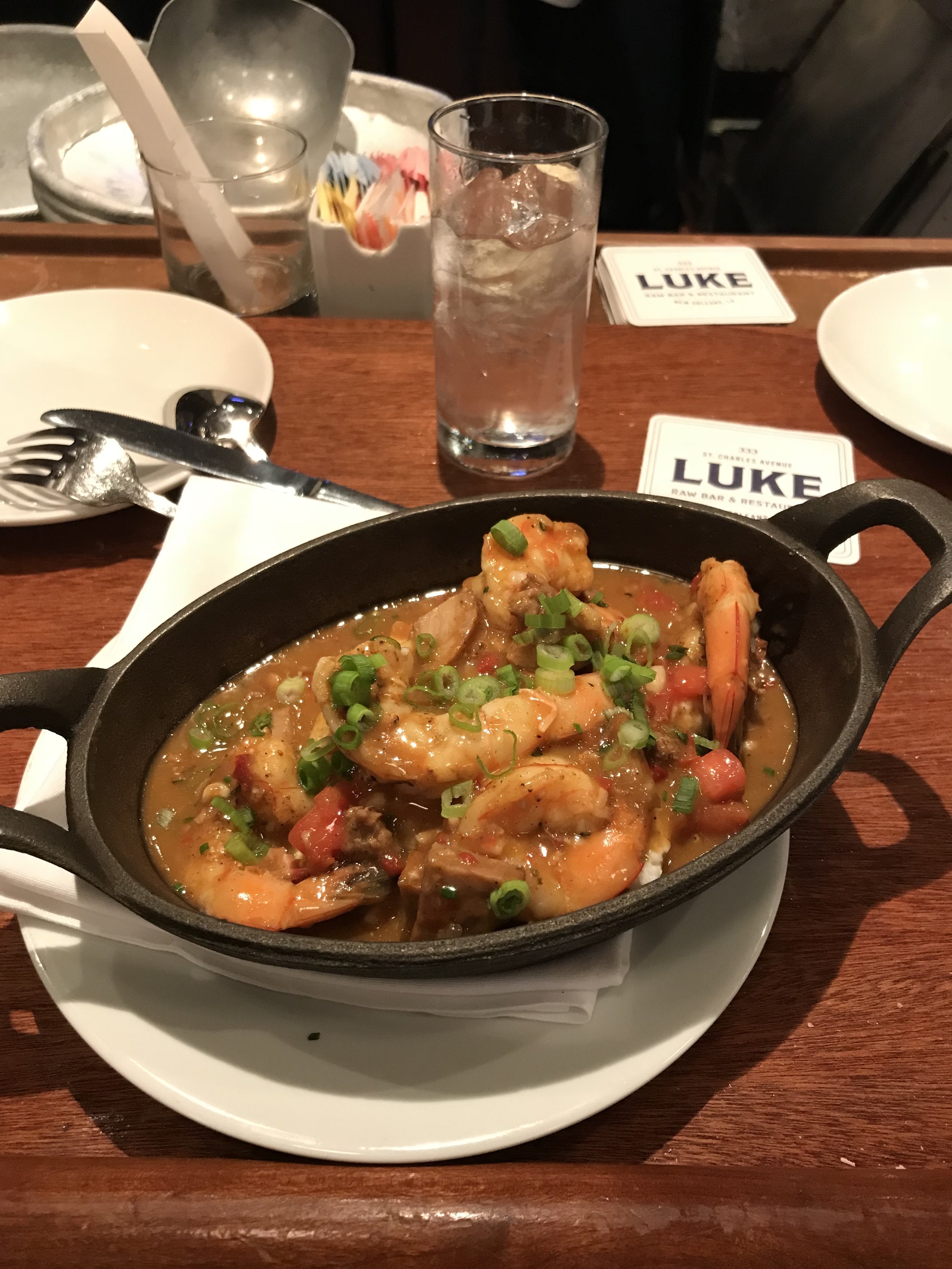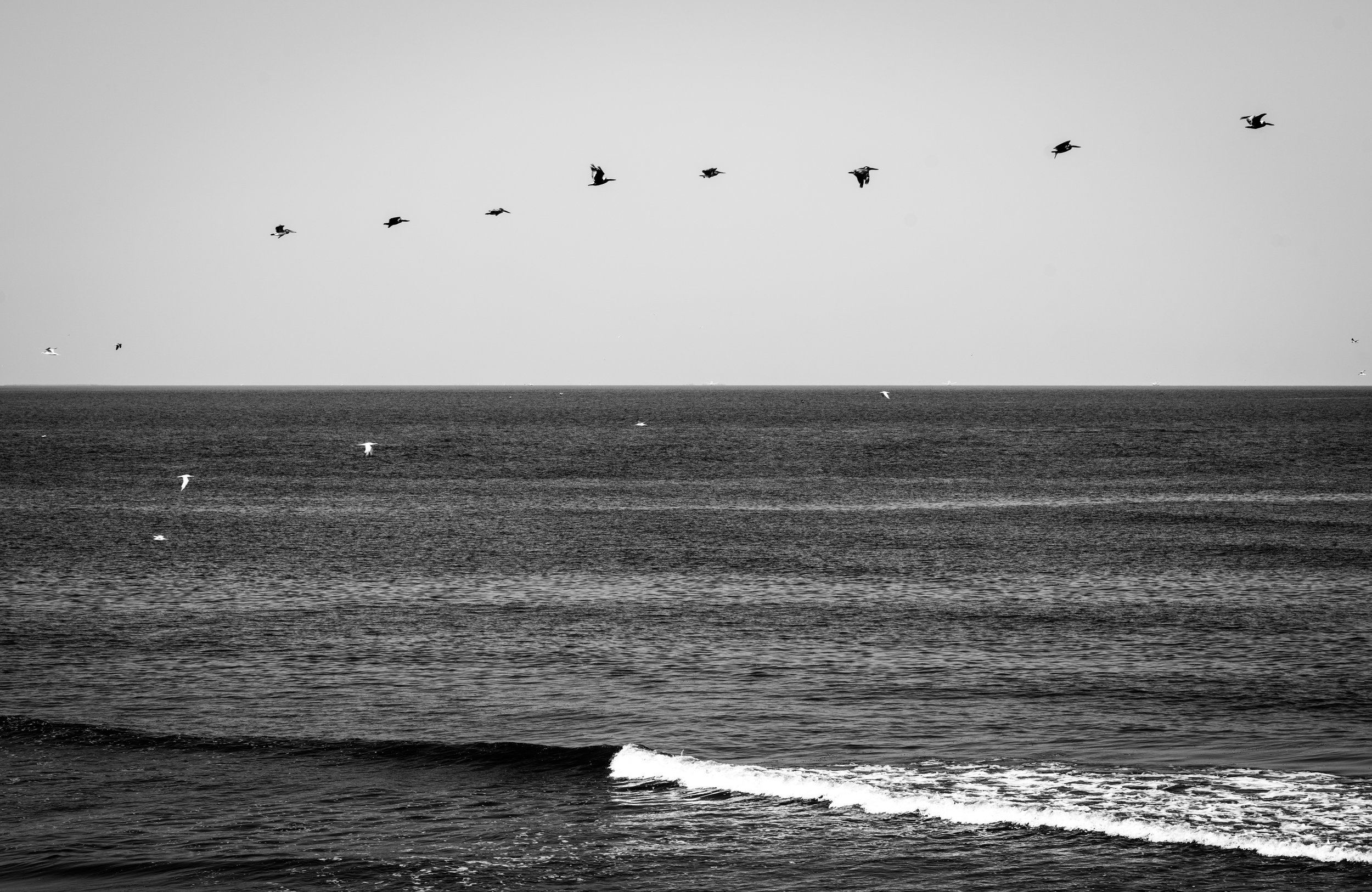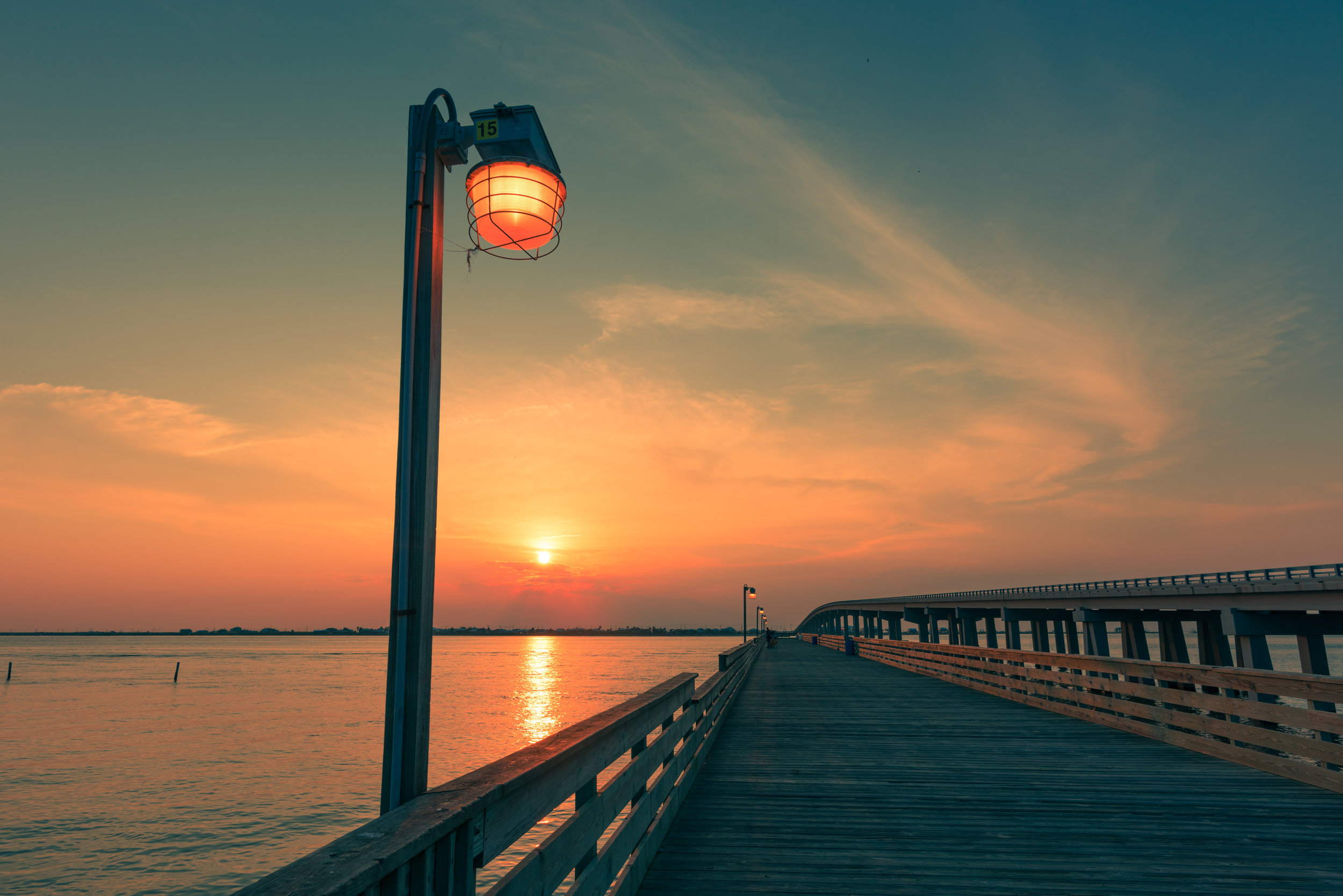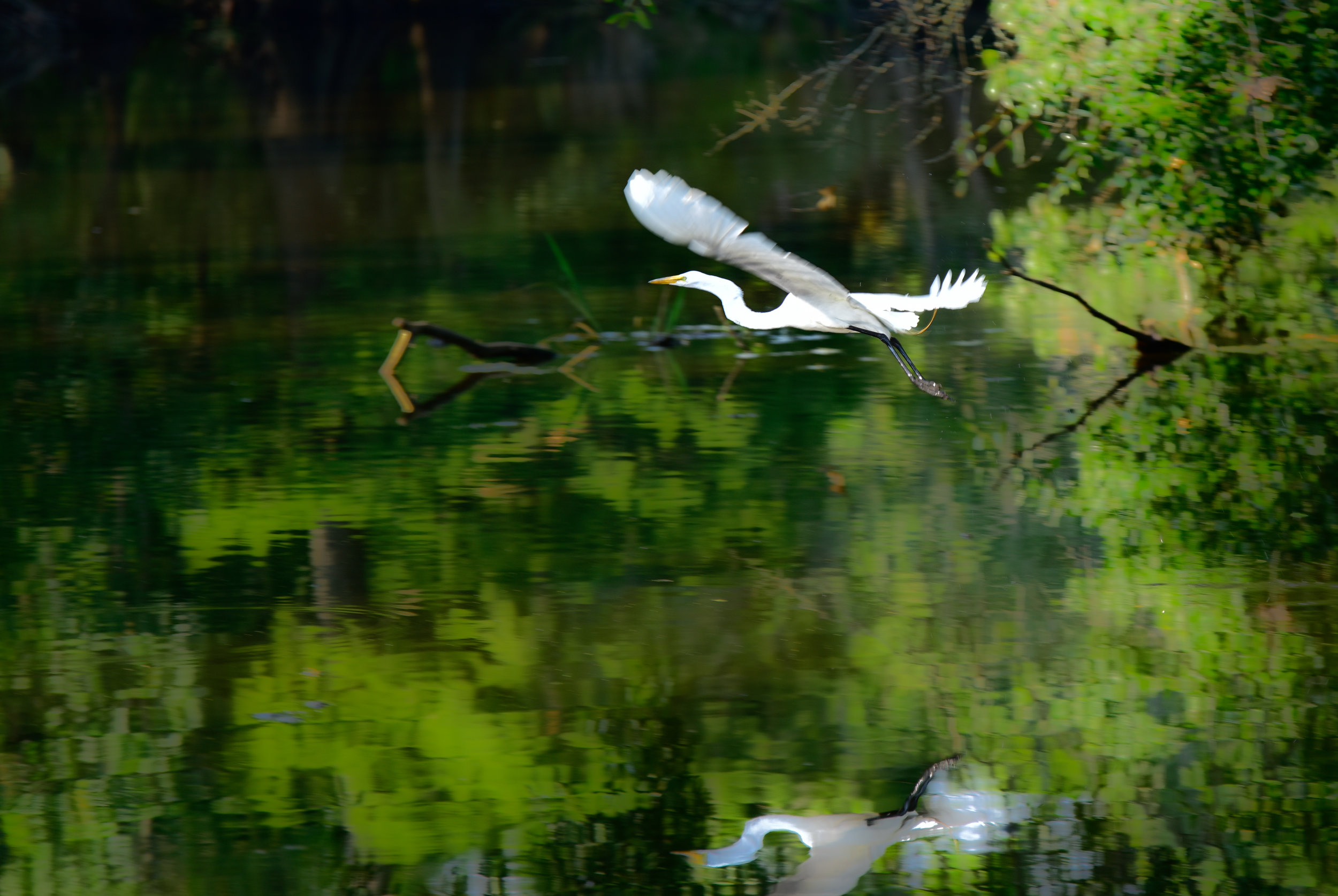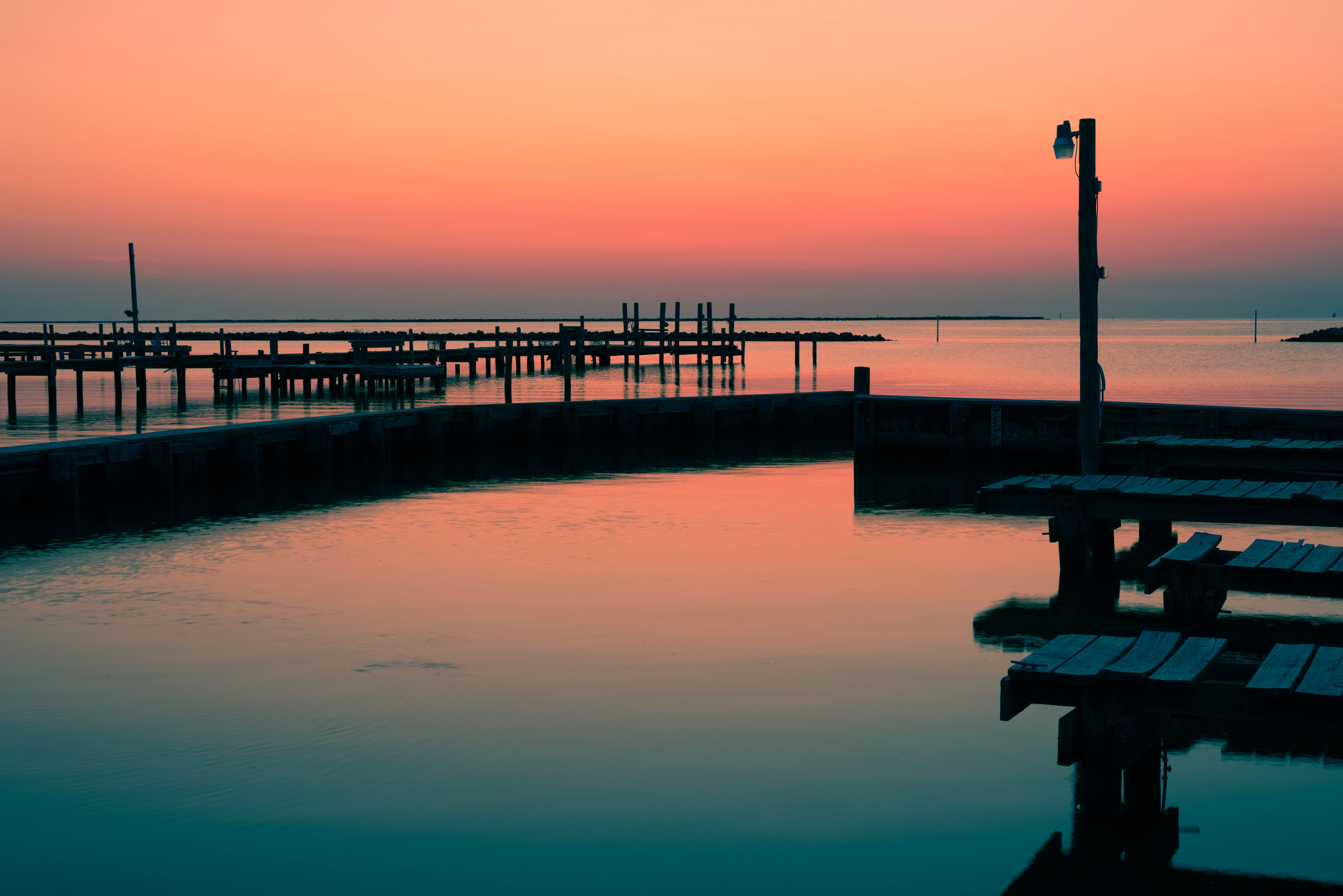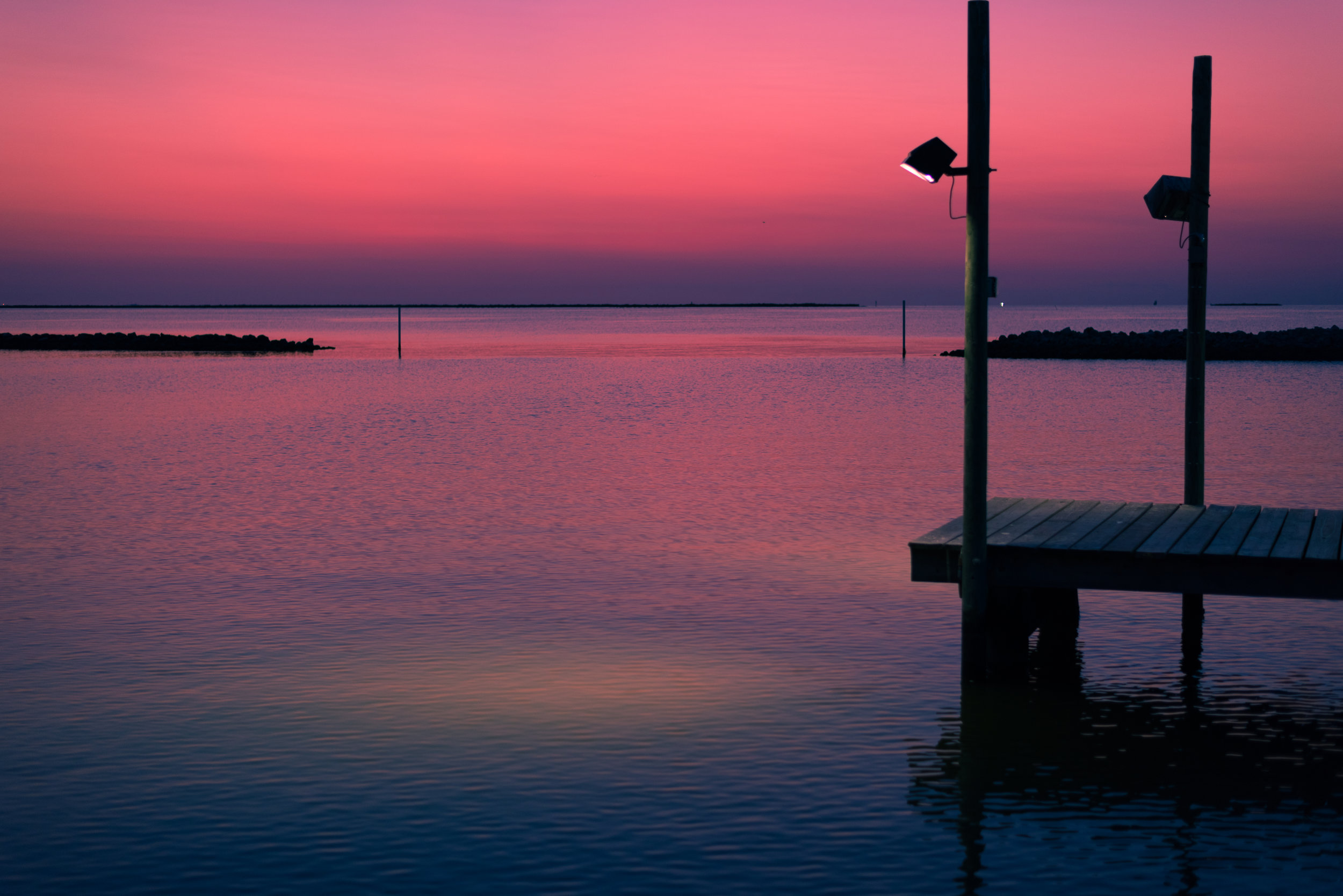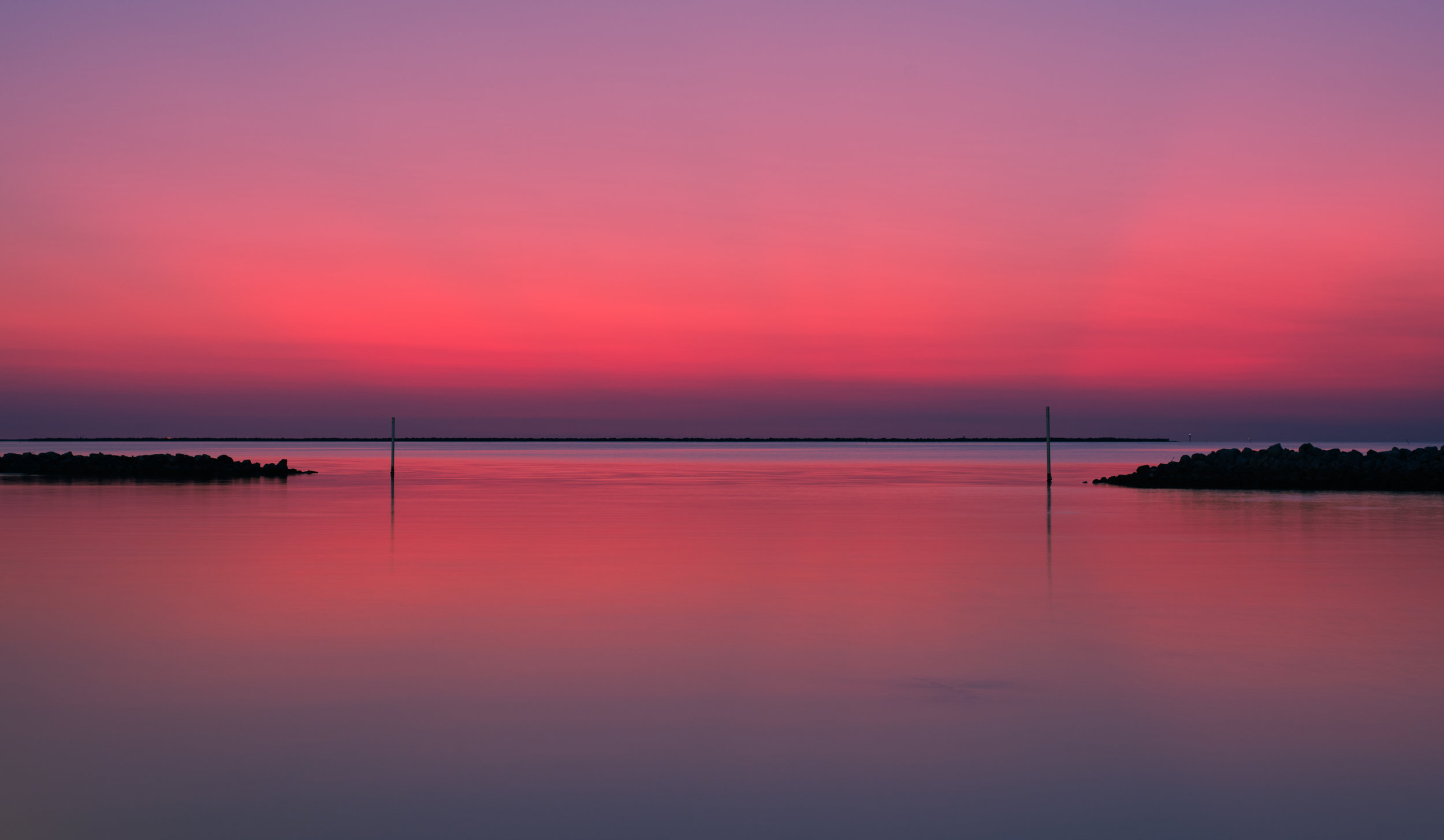“What makes human human?”
I asked Andrew, sitting across him from a desk.
He smiled. Then he closed his laptop, got up from the chair, took a cup of coffee, and walked toward the sofa with me.
“I think this is a problem to be discussed while we sit here”.
He then took a sip of the coffee, and told me a lovely story:
“During WWII, my grandfather lived in London. At that time, Nazi Germany was air bombing the city. All women and children were encouraged to leave the city if possible. My grandmother took my mother to America, while my grandfather stayed behind. He was in charge of putting out fires in the city”.
Much intrigued by the context, I leaned closer to him.
“During their time in America, my grandfather would constantly write letters to my mother. In these letters, my grandfather tells these wonderful stories to my mother. All the stories set around this magical house that they lived in.”
“What are they like?”
“Children stories,” Andrew said, “he would talk about the cuckoo clocks, for example. During the day, the cuckoos in the clock will go ‘cuckoo!’ ‘cuckoo!’ to report time, but when night falls, they go to the backchannel hidden behind the clock that connects all the cuckoo clocks in the world. This is called the ‘cloud cuckoo land’. In this land, all cuckoos would travel around, meet each other and make friends.……”
"wow, that's fascinating
“There is a cat in his house, ‘Billy the cat’. My grandfather loves him, but he couldn’t communicate with him, because he didn’t understand those ‘meow meow meow’ that Billy the cat always says. One day when he was out on the street, he ran into pouring rain. In a rush, he stumbled upon the stairs of a bookstore. Naturally, he went in to stay away from the rain.”
“As he went around the store, he noticed a peculiar sign: you can only buy one book at a time. He started wondering: how strange, a bookstore that doesn’t let you buy more than one. As he looked closer, he suddenly noticed something different. It is a magic book store! All the books are about magic potions, elixirs, spells, sorceresses, etc. My grandfather then started thinking: what book should I get if I’m only allowed one?”
“Then he saw this dictionary on the shelf. It is no ordinary dictionary at all. It is a ‘English-Meow Meow-English’ dictionary. He held it as if holding a priceless treasure. As he opened the book however, everything started disappearing around him. The book in his hand, the shelfs, the doors, the floor, the bookstore all began vanishing from his eyes. He had to quickly find one word in the dictionary to not walk away empty handed!”
“He suddenly remembered that the most common phrase Billy always said to him was ‘meow meow meow’, so he quickly flipped the pages to that phrase. Then, he saw the following translation:”, Andrew paused for a moment and took a profound look into my eyes.
“What does it say?” I asked, unable to withhold my curiosity.
“‘Tell me what you feel, not what you think’”.
Andrew was talking to me the other day in the New Orleans Museum of Art (which by the way, has an extremely interesting architecture style. When we first walked from the grass in front of the museum toward its front door, it feels almost like a smaller copy of the national mall in DC with its majestic columns in the front of the building facing a fountain and a long grassland that extends all the way just like the one in DC. However, looking closer and I began to notice something strange. The roof is almost Chinese in style yet lacks the full coverage of the traditional tenon joint structure, with the outer edge surrounded by short green iron fences like East European façade; the square and straight-line style of the side building is like Islamic buildings in the middle east; the front of the building has giant Greek style columns yet failed to extend all the way to both sides of the building. As we saw the mosaic decoration on the ground of the interior instead of giant marble with shiny smooth faces, we finally realized that the building is an attempt to bring different elements from different architecture styles into one and be the melting pot of architectures. Very interesting. But very bizarre, in the eyes of a buttoned-up traditionalist like myself).
Back to the topic, Andrew was talking to me about his opinions on art which totally blew me away and gave me a brand new way of thinking. I, as a pure materialist and rationalist, judge art by the amount of effort put into it. Andrew, as a romantic liberal, judge art by the transcendental message that it communicates. We were in one room looking at one picture painted by Modigliani, Amedeo called “Portrait of A Young Woman”. It depicts, as the names suggests, the face of a woman. However, unlike an ordinary portrait, the face is depicted extremely flat, with her eyes dull and black. There is no true to life detail at all in the painting. Especially on the eyes which are literally just two brush strokes of black colors.
this is the painting we were talking about. this picture is downloaded from new orleans museum of art official website
Andrew was clearly fascinated by the picture. He was able to recognize the style of this particular artist from far away and began telling me the sad story of the artist’s life. He stared at it for a long time, capturing every fine detail of the painting, trying to feel the message that the artist communicates. Finally, he asked me:
“what do you see from the painting? What do you feel? Look at her eyes, Eric. Why do you think he painted it that way? What can you tell about the artist?”
After realizing that Andrew was not joking, I tried my very best to look at the picture again and again, but in vain. It is still no more than a children’s painting to me. I just can’t think of anything.
“I don’t know sir. Maybe he doesn’t know how to draw an eye?”
You have to trust me I was being very sincere. I did not mean to put Andrew in a complete burst of laughter. Nonetheless, my way of interpreting art totally caught him off-guard. So he decided to show me how he interprets art, or more generally, the beauty in life.
He spoke of early music, written by composers who are paid by rich people to play cheerful notes which they were having food, doing work, or reading books. Never was the music intended to express any personal insights, rather, they were created to be perfectly pleasant to our ears. Hence all the beautiful and relaxing melodies played during dinner. He also spoke of early paintings. Painting as two dimensional decorations to fill the empty space on the walls not covered by furniture, paintings to show beauty and beauty only.
No. They were not the type of art that he found most pleasure in. Andrew told me. This type of art, beautiful indeed, lacks the power to speak to him. There is beauty, but dull beauty, boring, able to sustain an indifferent glimpse, yet unable to hold a person for minutes and hours contemplating in front of them. Music too. Pleasant. Pleasant yet plain. Pleasant yet unmoving. Like a simple lullaby good for playing in the background and make babies quiet asleep. Instead, he found most joy in arts that speaks to him; in arts that connects to him; in arts that he feels.
He showed me a picture of the sculpture, Laocoon and his sons. I was fascinated by the fine details of the sculpture and its absolute true-to-life representation. This was exactly the type of sculptures that I enjoyed, a total mastery of sculpture techniques. However, I was shocked when he told me that the sculpture was made a good two thousand years ago. I would totally have guessed this was the work of someone like Michelangelo. So it was a very clear point: human beings have mastered the techniques of sculpture two thousand years ago, a mere true-to-life representation is not enough to be extraordinary.
It was only then that I began to realize the deep values in art works that break conventional rules. Sometimes, it is not just about creating the most beautiful thing. It's about ideas, values, messages, beliefs, feelings and every other humanistic expressions.
When we were in the Evangeline restaurant, half of the table, myself included, continued philosophizing about life for two hours. During the conversation, we kept trying to define what is human, what is conscious, what is existence, what is time, etc. As far as I remembered the conversation, one of the only consensus we reached is that human is human because we are conscious of our consciousness and able to think about thinking itself. Other than that, the conversation went wild, unable to settle with any conclusive ending. Suddenly, I came to realize that Binx Bolling and I are very much the same in terms of our world views (except for his sometimes overly extreme cynicism and plain rudeness to other people. One example: he thought that all the friendly and likable people seem dead and only haters seem alive, which I didn't quite understand where did that darkness came from).
Nonetheless, I'm same to him on many life philosophies. “During those years I stood outside the universe and sought to understand it. I lived in my room as an Anyone living Anywhere and read fundamental books and only for diversion took walks around the neighborhood and saw an occasional movie”. That was me, perhaps even more extreme than Binx. Reading only highly esteemed philosophy works such as The Republic and Metaphysics, I consider any other less known books to be a waste of my time. I don’t walk around the neighborhood for diversion. I consider that a waste of time as well. Only when I run around the neighborhood can I be convinced that I’m excising thus not wasting time. I’ll hate myself if I spent my precious time watching a movie. I went as far as trying to squeeze every bit of time out of my day to “do something worthy”, which eventually led to the purchase of a long board just to get between classrooms faster and several similar decisions like that.
Binx likes to go to theatres and talk to people, because he found that “most people have no one to talk to who really wants to listen”. I like to do that to. I can listen to people talking for a long time and ask a lot of questions to keep them going. I even write like he does! A random thought would occur to him and he would talk on for several pages until going back to what he was originally talking about. Everywhere he went, he was thinking, searching, trying to read people. When Binx went onto his “search”, I can’t help but thinking it is the same kind of search I’m going through as well. Standing outside of the universe, trying to explain everything in the world logically, stripping all the sporadic feelings and emotions. I like to interpret history in purely materialist approach, that we are just genetically driven biological creatures who likes to make copies of our DNA as much as possible, that different circumstances, purely deterministic, led us to make unavoidable different choices, and created different paths of history as a result. When something gave me a pleasant feeling, I try to analyze why. Is it because it reminds me of a pleasant childhood memory? And I was pleasant then because my biological needs were perfectly fulfilled? Does the pleasure associate with my genetics or the environment that I grew up with? Do I like seafood because I couldn’t eat much seafood when I was a child thus attracted to things more rare and precious? Every single thing in my life, I try to find a perfectly reasonable and logical answer to it. As time passes, I become insensitive to emotions just like Binx.
This was perfectly manifested in the way I approached photography, and consequently the way I interpreted art. I used to believe photography to be some rigid machine work. Obsessed with indisputable data, I bought highest end equipment with the best in market resolution and dynamic range. I used only prime lenses with the largest aperture, caring about nothing but sharpness--the only thing unable to be altered in post processing. I carefully learned all the advanced photoshop techniques such as luminosity masks, image stitching and stacking etc. In my mind at the time, photography was nothing but techniques. The result? A bunch of beautiful photos all looked exactly the same: overly saturated colors, perfectly straight horizon, carefully cropped according to the golden ratio, some stuff in the foreground, sunset over some stuff in the background, all HDR together, none overexposure nor underexposure in any area of the photo. This even influenced how I viewed paintings for that I would only admire paintings that required a lot of effort in the production. But what do I think of my photos now? Good postcard shots, maybe even suitable for desktop backgrounds, but definitely not photography.
By trying to follow a rigid formula to create beauty, I gradually lost the ability to find moments of true sensation. By degrading everything down to numbers and benchmark tests, I became obsessed with the most trivial thing and forgot what truly touched me in the beginning. Basically, I stripped my humanity and tried to be a machine.
Andrew told me the story of St. Paul. He doesn’t give everything a logical explanation nor does he plan to. When asked questions like “how to you know such and such is true?” he answered simply by “you know”. Sometimes we cannot explain everything rationally, such as what happens before the big bang, and a desperate search becomes in vain. In the end of the novel, Binx took his aunt’s advice, lived happily with Kate and became a charismatic half-sibling for her mother’s children. Did he succeed in his "search"? I think he did.
So what indeed makes human human? Andrew never directly answer my question, but I think I knew the answer quite well now.

